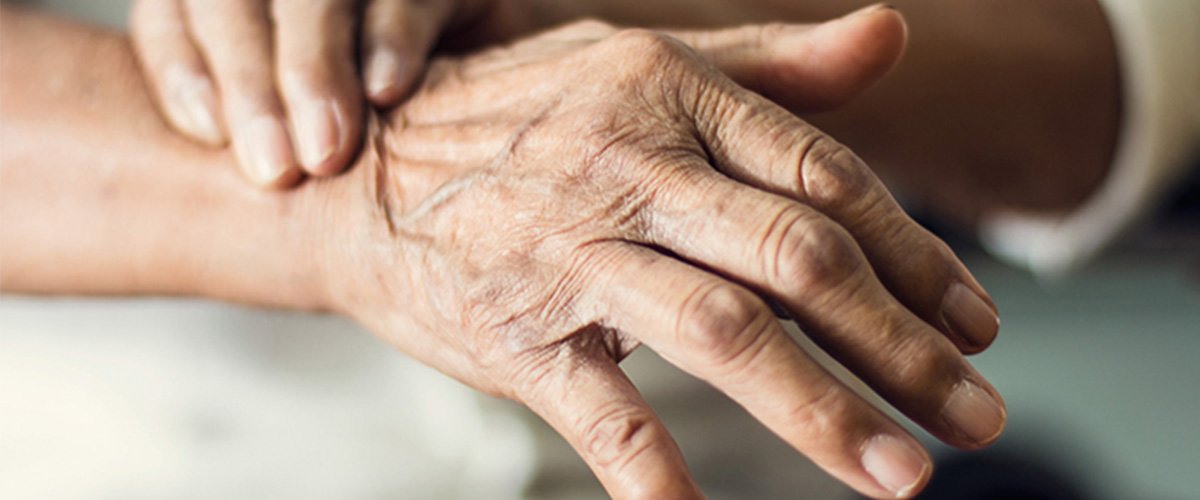So what can we do to offset the effects of ageing skin? Here are a few tips to help you cope with ageing and stay strong in your skin.
Use moisturisers
Keeping your skin hydrated is just about the best thing you can do for ageing skin5. Obviously, ageing cannot be slowed or reversed, but a good moisturiser can help to manage the most concerning effects of ageing, such as skin dryness, elasticity and tone.
Don’t use soap
The skin is naturally slightly acidic, with a pH of around 4, whereas soap is alkaline, with a pH of around 9-10, so it can actually damage and irritate the skin6, exacerbating the effects of ageing. Opt for pH balanced soap substitutes instead.
Avoid products with common irritants
Common skincare ingredients such as fragrance and colour have long been known to be irritating, especially for sensitive skin7,8. Look for moisturisers and cleansers that lack these types of ingredients and are made specifically for sensitive skin.
Avoid sun exposure whenever possible
UV radiation is a major source of premature ageing9, so it is important to practice good sun safety. This includes the use of very high (SPF 50+) sunscreens and seeking shade. Some moisturisers even offer SPF, so you can kill two birds with one stone, so to speak!
Accept that ageing is inevitable
This may be easier said than done, but accepting ageing is going to happen no matter what you do can be a huge help, especially if you are prone to focusing on it. Ageing is a natural, beautiful process, so embrace it!



